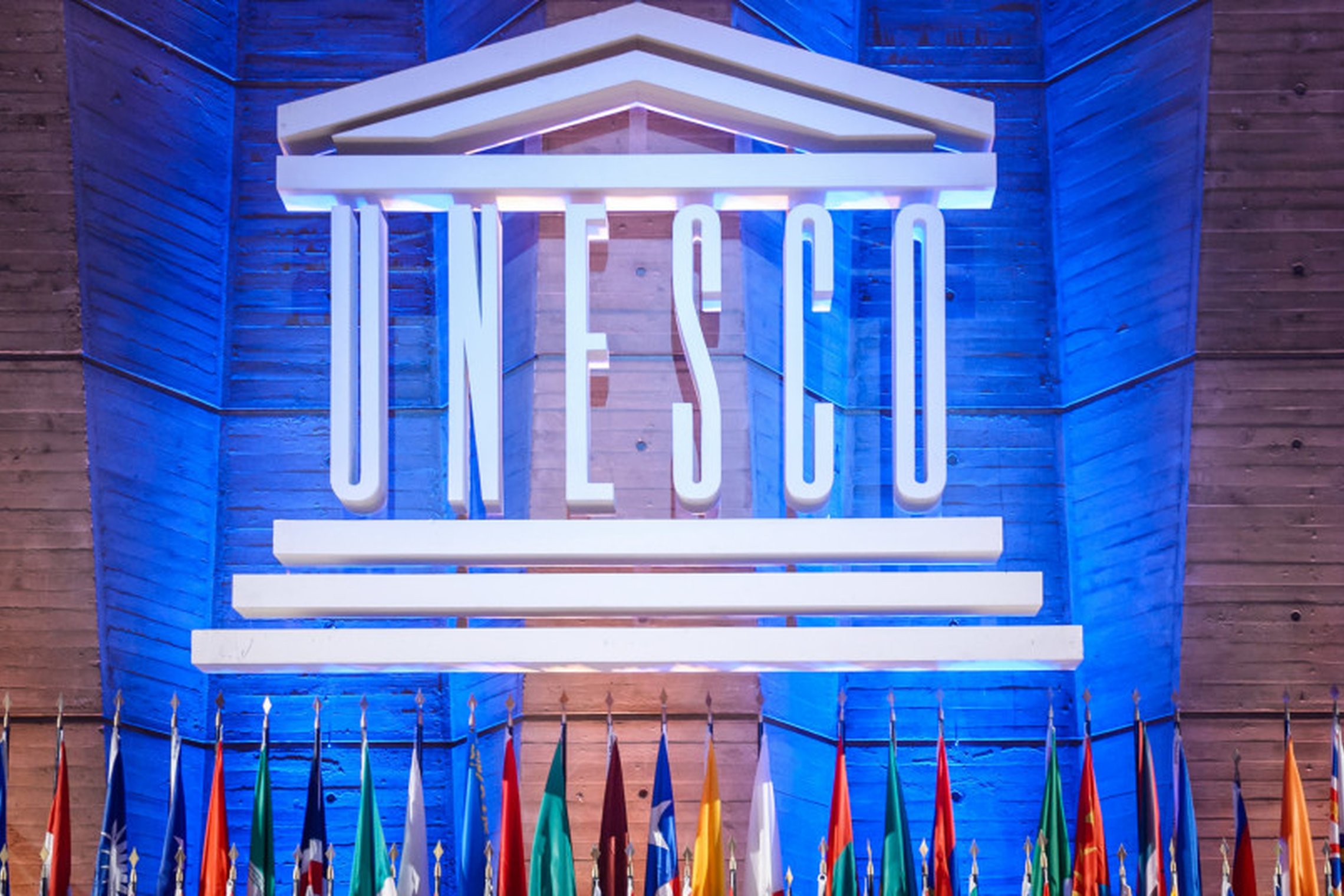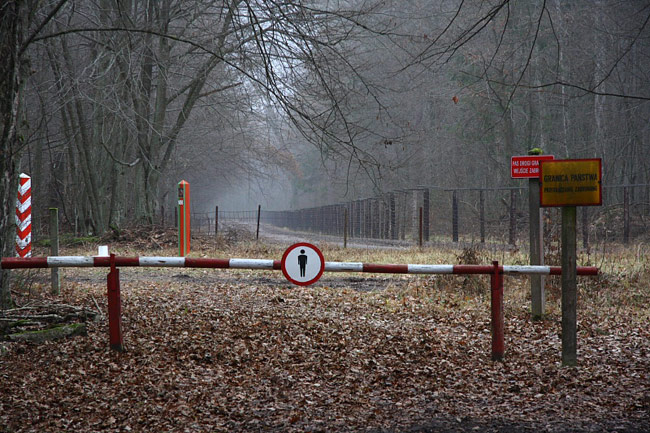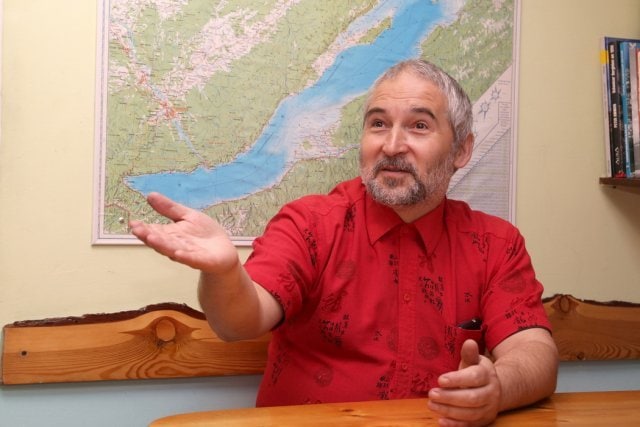Eugene Simonov, UWEC
The Russian Parliament (State Duma) unanimously approved a law withdrawing from the Ramsar Convention on Wetlands. The justification of the draft law submitted by the Government states “in the foreseeable future it is not possible to use the mechanisms of the Convention for the protection of Russian waterfowl, and Russia’s participation in the work from a political point of view will have exclusively negative consequences due to the extreme politicization of the Convention.”
The Convention on Wetlands (Ramsar Convention) was adopted in 1971 in Ramsar, Iran to protect wetlands and habitats for migratory waterfowl. It is the oldest global conservation convention. The USSR ratified the document in 1977, and in 1994 Russia inscribed in the List of Wetlands of International Importance 35 territories with a total area of about 10 million hectares. Under the protection of the convention in Russia there were 16 nature reserves, one national park, ten federal wildlife refuges and 47 other protected areas, as well as more than 6 million hectares of wetlands with no legal protection other than the Ramsar Convention listing.
172 states participate in the convention. In November 2022, at the 14th Meeting of the Parties to the Convention (COP), the participating countries signed a resolution on “The Ramsar Convention’s response to environmental emergency in Ukraine relating to the damage of its Wetlands of International Importance (Ramsar Sites) stemming from the Russian Federation’s aggression“. It requests that the Contracting Parties consider exerting pressure on Russia to prevent further damage to or the degradation of Ukraine’s wetlands. Furthermore, the Resolution emphasises that when States undertake such determinations, they must ensure that the best interests of the Convention and the preservation of wetlands remain unaffected. The vote was far from unanimous, with a vote of 50 in favor, seven against, and 49 abstentions. (Wang, 2023).
In June 2023, the Ministry of Foreign Affairs of the Russian Federation announced Russia’s intention to withdraw from the convention. This decision was opposed by scientists, who appealed to Russian Foreign Minister Sergey Lavrov with a request to preserve Russia’s membership in the agreement, as it is aimed at preserving the country’s unique ecosystems.
UNESCO serves as the depository of the Convention and “any Contracting Party may denounce this Convention after a period of five years from the date on which it entered into force for that Party by giving written notice thereto to the Depository“.
The renunciation happened a day before the XV Conference of Parties started in Zimbabwe on July 23, 2025. With this move, Russia is likely expressing its opposition to the findings of the “Final assessment report of environmental damage on Wetlands of International Importance in Ukraine stemming from the Russian Federation’s aggression” which was commissioned at the previous COP and is scheduled to be discussed on July 27.
During the parliamentary session it was stated that Russia cannot be a member of international agreements, whose members question its jurisdiction over natural territories in the “new regions” acquired as a result of Russia’s war in Ukraine. Any agreements within the UN framework easily fall under this definition, and the Ramsar Convention was apparently chosen to demonstrate Russia’s determination.
The areas losing international protection as a result of Russia’s withdrawal from the Convention are the size of two Belgiums (60,000 km2) and their resources may be of interest to extractive industries: bogs are rich in peat and often hydrocarbons; shallow waters are an important source of fish and other aquatic bioresources; and bird concentrations attract the hunting industry.
The Convention also prevents damage to Ramsar Sites in neighboring countries, and its denunciation impairs Russia’s ability to negotiate with Mongolia to prevent the construction of dams that could affect the Selenga Delta or the Daursky Nature Reserve. It will also worsen mutual understanding with China in the framework of the joint “Strategy for the Development of a Transboundary Network of Protected Areas in the Amur River Basin” and other joint conservation endeavours. China adopted a comprehensive Wetland Protection Law in 2022 and has already taken about 1000 “wetland parks” under protection, many of those along the common border with Russia.
Withdrawal from the convention may also be perceived as an unfriendly step towards Iran, as it is the only global environmental convention signed under leadership of that country.
Russia has the most extensive wetlands in the world. Within the country there are about 2 million lakes (excepting the Caspian Sea) with a total area of 370,000 sq km, 120,000 rivers with a length of about 2.3 million km. Peat bogs occupy 1.8 million sq km; sea coasts span tens of thousands of kilometers, etc. One of the key types of the planet’s ecosystems, Russia’s wetlands determine the water cycle and a number of important ecosystem services throughout Eurasia, shape the global climate, and support biodiversity conservation.
As a result of withdrawal from the convention, it is highly likely that the very concept of wetlands will gradually cease to exist in Russia’s legal and management system, as there is no national legislation on the protection of wetlands. It is this class of ecosystems that faces the greatest threats and losses. International ties linked to the Ramsar Convention that allowed for the exchange of important information and the adoption of best practices will also be lost.
To compensate for damage caused by its withdrawal from the convention, the Russian Federation could develop and adopt its own legislation on the protection and monitoring of previously internationally recognized important wetlands, including mechanisms for international cooperation, but, likely, this is not a priority in the current political context. At the State Duma meeting, the Ministry of Natural Resources and Ecology stated that it is thinking of preparing laws that would protect the wetlands remaining unprotected after Russia’s renunciation but the ministry did not present clear plans for realization of this intention.
Also see academic analysis: Wang, M. The Unprecedented Ramsar Resolution: Ukrainian Wetlands Protection in Armed Conflict. Neth Int Law Rev 70, 323–357 (2023). https://doi.org/10.1007/s40802-024-00246-8
Translated by Jennifer Castner
Main image source: Lotus Fields in the Volga Delta by Orange Traveler







